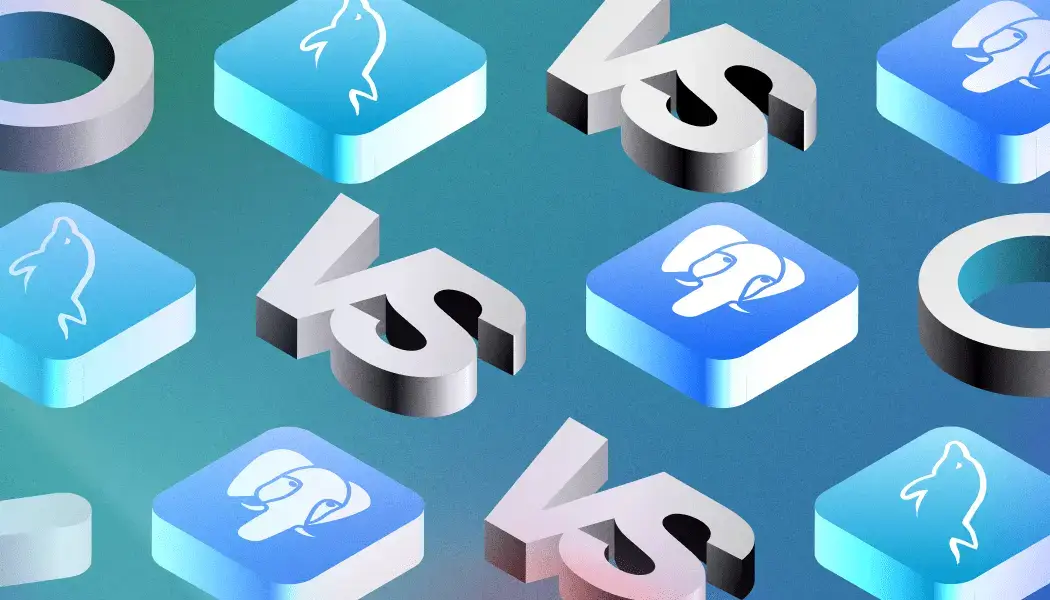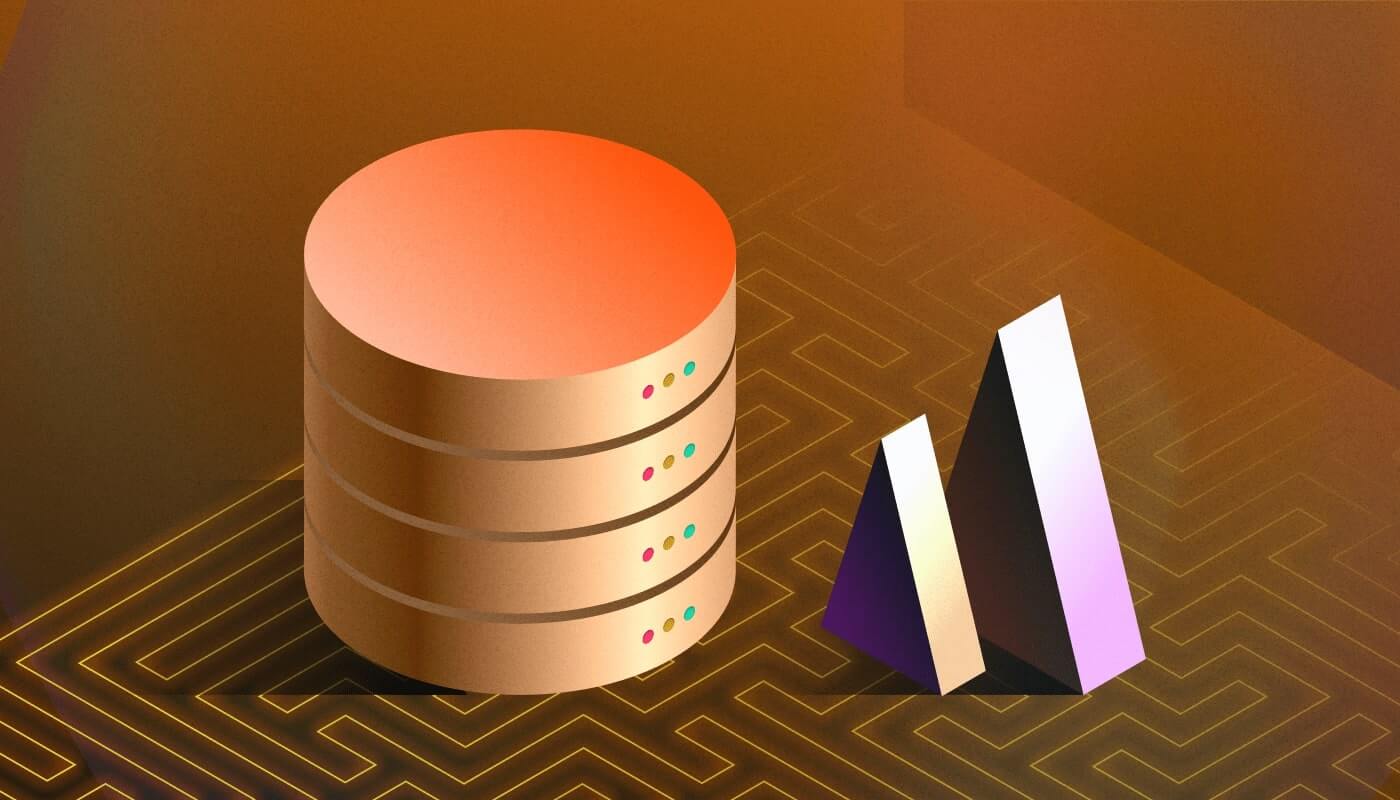
MySQL vs. MariaDB: quick comparison guide
MySQL and MariaDB are two of the most popular open-source relational database management systems (RDBMS). Sharing a common origin and goal, these systems offer different choices for database solutions. If you decide between the two, this quick comparison guide will highlight the key differences and similarities to help you make an informed choice.
1. Systems overview
MySQL
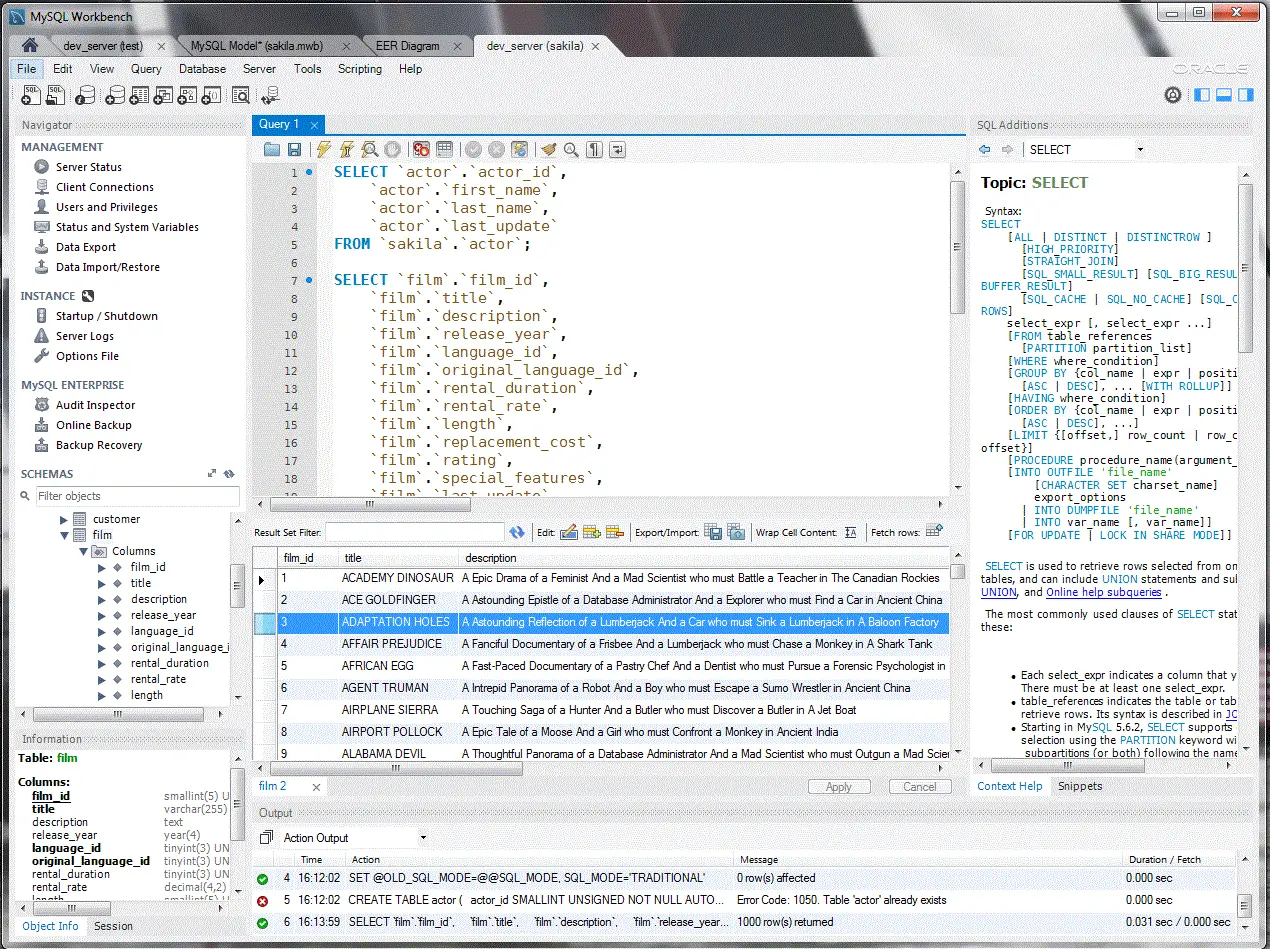
MySQL was founded in 1995 by MySQL AB, which was later acquired by Sun Microsystems (2008), which was subsequently acquired by Oracle Corporation in 2010. Under Oracle's stewardship, MySQL has continued to evolve, adding proprietary enterprise features alongside open-source versions.
MariaDB
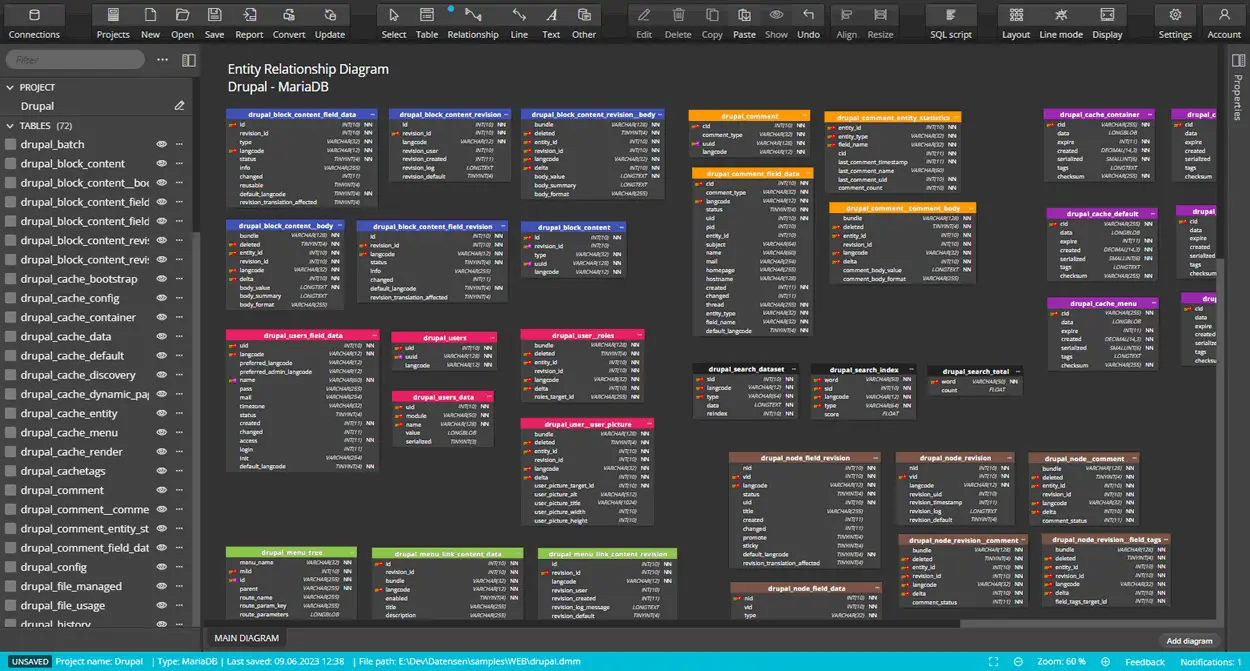
MaridaDB was launched in 2009 as a fork of MySQL by its original developers led by Michael "Monty" Widenius. MariaDB was created to maintain MySQL's original open-source philosophy, ensuring the community has full control ofthe software without being dependent on Oracle.
2. Features and extensions
MySQL
As one of the leading databases, MySQL benefits from a vast ecosystem of tools and plugins. However, many advanced features like JSON data types, window functions, and others are more recent additions (primarily in MySQL 8.0).
MariaDB
MariaDB can compete with MySQL regarding features as they stay agile in updates. It offers JSON functions, user-defined functions (UDFs), and Cassandra storage engine integration. It also boasts features like virtual columns and spatial indexes, making it attractive for developers looking for cutting-edge capabilities. It also has MaxScale – a popular feature for query routing and load balancing.
3. Security
MySQL
MySQL benefits from Oracle's robust security protocols, especially for enterprise customers. However, many advanced security features (like data-at-rest encryption) are locked behind the paid version.
MariaDB
MariaDB emphasizes open-source security features that are available to all users. It also supports data-at-rest encryption, a feature available to all users (not just enterprises).
4. Community and support
MySQL
MySQL benefits from Oracle's resources, offering dedicated support for enterprise customers. However, some critics argue that MySQL's development has become slower and more focused on proprietary features. Despite some issues mentioned by users and critics, MySQL continues to have a large and active user base with a wealth of community-driven resources.
MariaDB
MariaDB is community driven and its foundation ensures that development is open-source. It offers paid support through MariaDB Corporation, but the project remains community-oriented and developer-friendly. The system aims to stay compatible with MySQL but also offer improvements where possible.
5. Licensing
MySQL
Available under the GNU General Public License (GPL) for open-source and proprietary licenses for enterprise use. Some advanced features, such as enterprise encryption, are only available in MySQL's commercial edition.
MariaDB
Licensed under the GNU General Public License (GPL) with no proprietary elements, meaning that all its features are available without requiring commercial licenses.
6. Performance
MySQL
MySQL's recent versions (8.0 and higher) have introduced various optimizations, including improvements in replication and performance schema. Available as a paid enterprise feature.
MariaDB
MariaDB has focused on maintaining superior performance with features like thread pooling (available in the open-source version) and improved caching mechanisms. MariaDB's additional storage engines (e.g., Aria, Spider) allow for optimization in specific workloads.
Integration with low-code platforms
Both MySQL and MariaDB are popular databases that can easily be integrated with the most popular low-code platforms like UI Bakery. This platform helps developers, business analysts, and businesses build custom applications in just a few taps by connecting them to their databases and generating user interfaces without writing extensive code.
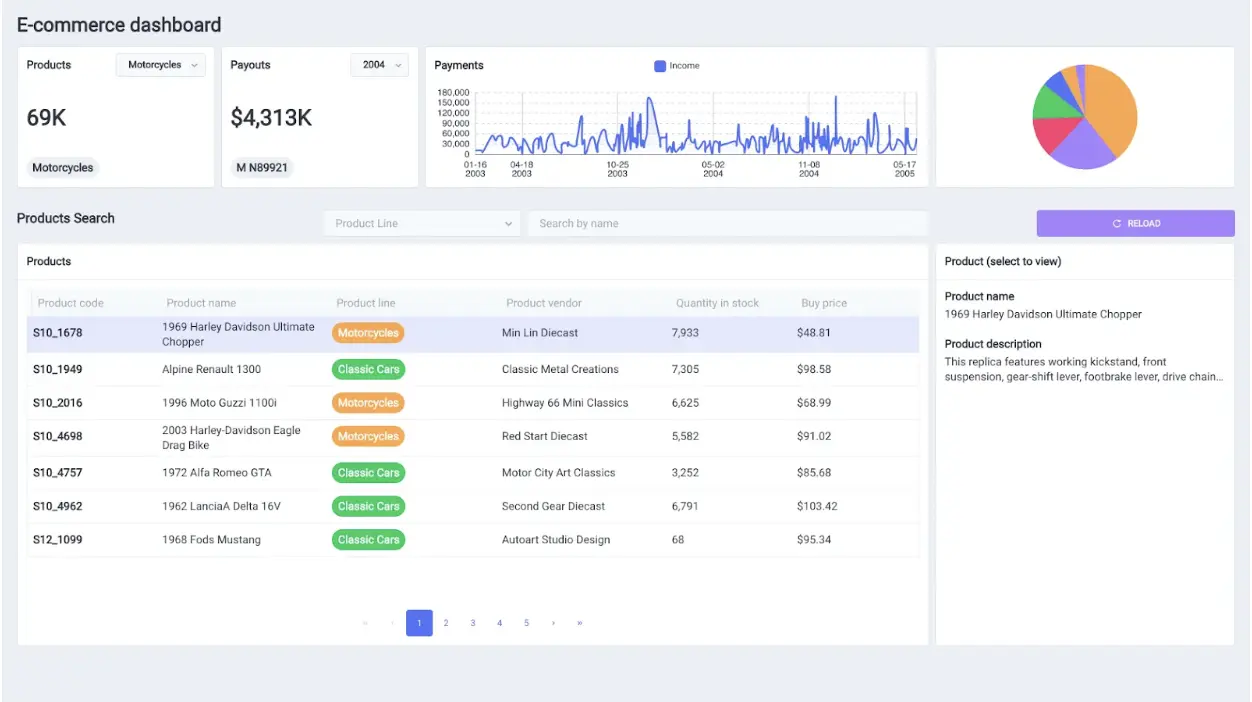
UI Bakery supports both MySQL and MariaDB, allowing for quick integration to help build database-driven apps efficiently, regardless of which RDBMS they choose. This makes it a great option for businesses that want to speed up their development process and optimize workflow with minimal overhead.
Wrapping up: which should you choose?
- Choose MySQL if you require robust enterprise support access to proprietary features or if you are already using Oracle products and prefer the integrated ecosystem.
- Choose MariaDB if you prioritize open-source freedom, community-driven development, and a rich set of features without the need for a commercial license.
Both databases offer strong performance, security, and feature sets, but the choice between MySQL and MariaDB ultimately depends on your business requirements and commitment to open-source principles. And with modern platforms like UI Bakery supporting both databases, integrating them into your applications has never been easier.


